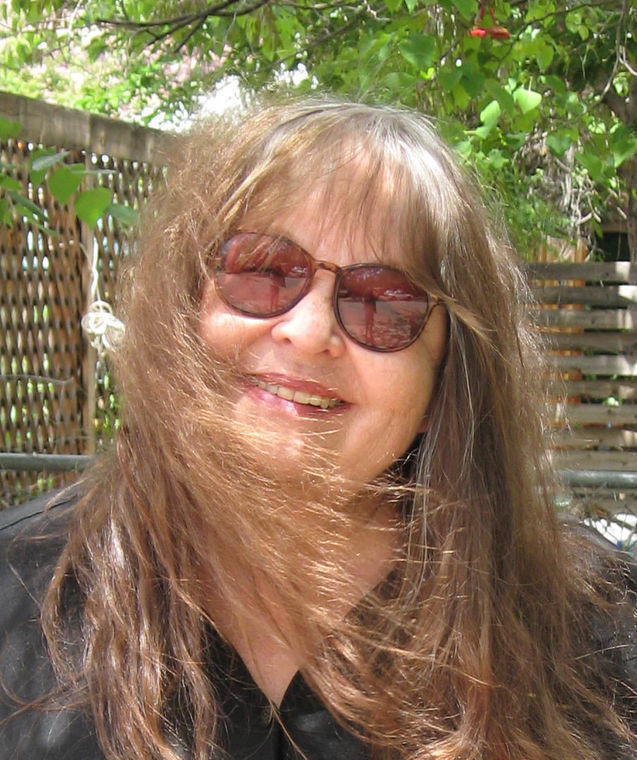Some information may be outdated.
As the 2017 federal budget takes shape, one thing is eminently clear: social programs are going to take a major hit.
The Department of Health and Human Services will lose 16.2 percent of its annual budget. Community Development Block Grants, the program which covers Meals on Wheels, will lose 13.2 percent. The National Institutes of Health funding is being reduced by 20 percent. The same kind of draconian cuts will hit the Department of Education, the Corporation for National and Community Service, the Low Income Home Energy Assistance Program and the Community Services Block Grants.
Without even considering the elephants in the room (Social Security, Medicare and Medicaid), that doesn’t bode well for the poor, the disadvantaged, low-income children or the elderly.
If we’re to remain a civilized society that takes care of its most vulnerable citizens, someone is going to have to take up that slack.
Most Grand County residents are good-hearted people. We help each other in any way we can: free food programs, free health clinics, even providing pet food for people who can’t afford to take care of their critters. But in the upcoming years, that unorganized urge to help may not be enough.
It’s time to bring back the RSVP Program. RSVP began as an AmeriCorps program in the mid-1980s and continued under the aegis of Grand County from around 1999 until 2013, when the program was defunded.
RSVP volunteers worked in the schools, the Humane Society, Seekhaven, Grand County Hospice, the Canyonlands Care Center, the library and the Youth Garden Project, as well as many other local organizations. They also visited shut-ins and ran errands, taking people shopping or to medical appointments, including transportation to Grand Junction for care not available here.
When the program ended, there were about 90 people signed up to provide these services. Volunteers were paid only for mileage at the current county rate. The last annual budget ran around $64,000 and included one paid full-time employee who handled the administrative duties. According to county sources, the reason for discontinuing the program was that there was a concern that too much money was spent on administration rather than on the services provided. It was also believed people who volunteered would do so whether there was an administrative structure or not.
Such has not been the case. Yes, there are still people who help out their neighbors, many through the Grand Center. But needs are going unmet. Now, if people need rides to medical appointments in another city, they have to hope friends have the time. The same with errands and shopping for house-bound folks. If children need rides to school events, it’s the same: hope that someone will step up. The elderly who need help with such simple tasks as keeping their lawns mowed have to cough up dwindling funds in an era that hasn’t seen an appreciable increase in Social Security in three years.
When compared to other county expenditures, $64,000 doesn’t seem like much, especially when the return is so great for the money spent. If the county can afford to give itself raises, you’d think it could carve out some cash that would be of direct benefit to so many citizens.
Administrative costs for a renewed RSVP Program could be held to a reasonable part-time position, or folded into an existing program. The main expense in the program is simple to tally: how much mileage was incurred? No employee benefits, no hours to keep track of – without the paperwork requirements of a federal grant, administrative hours are minimal. The county attorney can write a volunteer contract that relieves the county of liability.
It’s hard to put a cash value on peace of mind. Knowing that systems exist to help with the details of daily life for the disadvantaged is priceless. Worry is a silent killer. A problem as simple as how to get groceries into the house looms large when you can’t drive yourself. An hour spent with a shut-in can make that day a little more bearable for someone whose life is so diminished. A mother working two jobs to make ends meet can breathe a little easier knowing there is a person who can help her child be a part of after-school activities. A man who once was a vital member of society can have his outlook lifted by someone who wants to hear his stories. The opportunities for volunteers are endless.
Many who would volunteer don’t know where to start. They have the time and the desire, but not the knowledge of what is needed in the community. With the RSVP Program, a structure exists to connect people who want to help with the people who need that help.
It’s time for the county to help people help.
After bouncing between Alaska and Moab for most of her life, Michaelene Pendleton is now content to be a crazy cat lady who is drying up like old boot leather in the desert sun.
Appreciate the coverage? Help keep local news alive.
Chip in to support the Moab Sun News.



